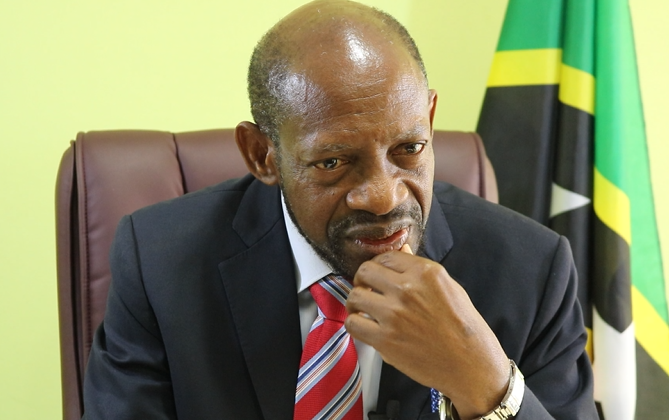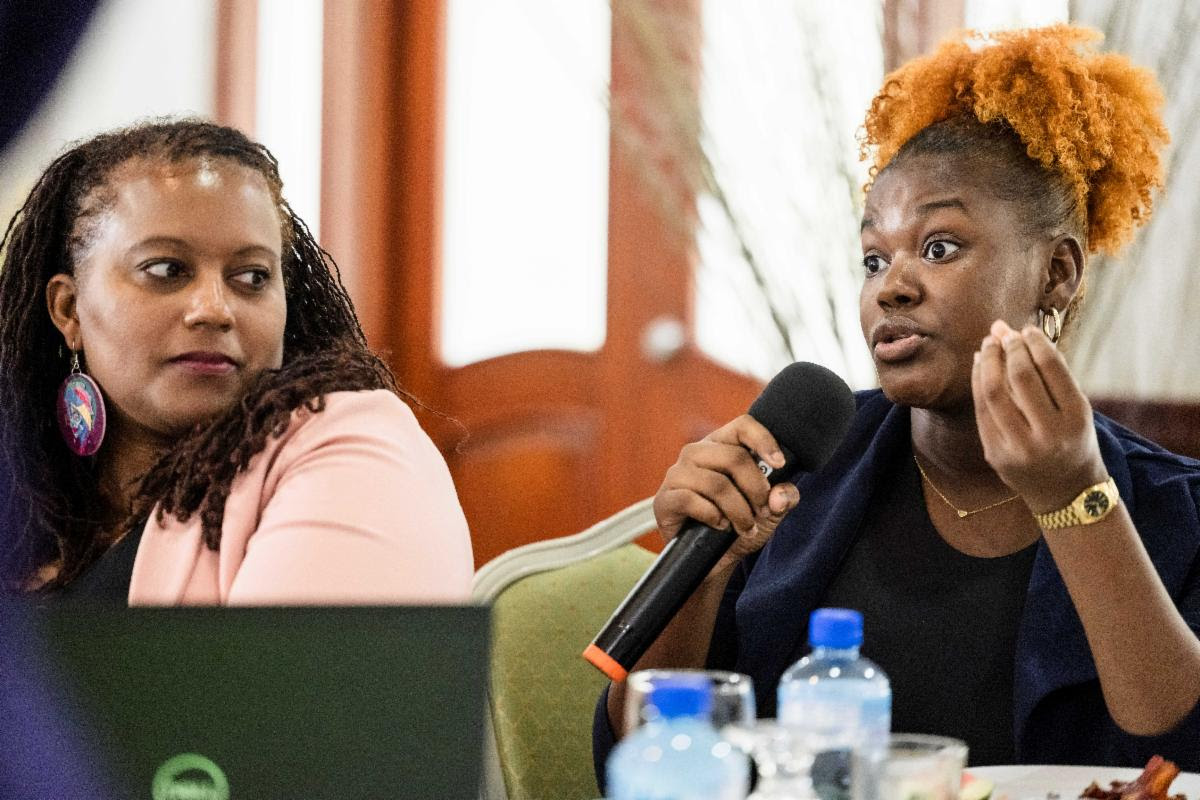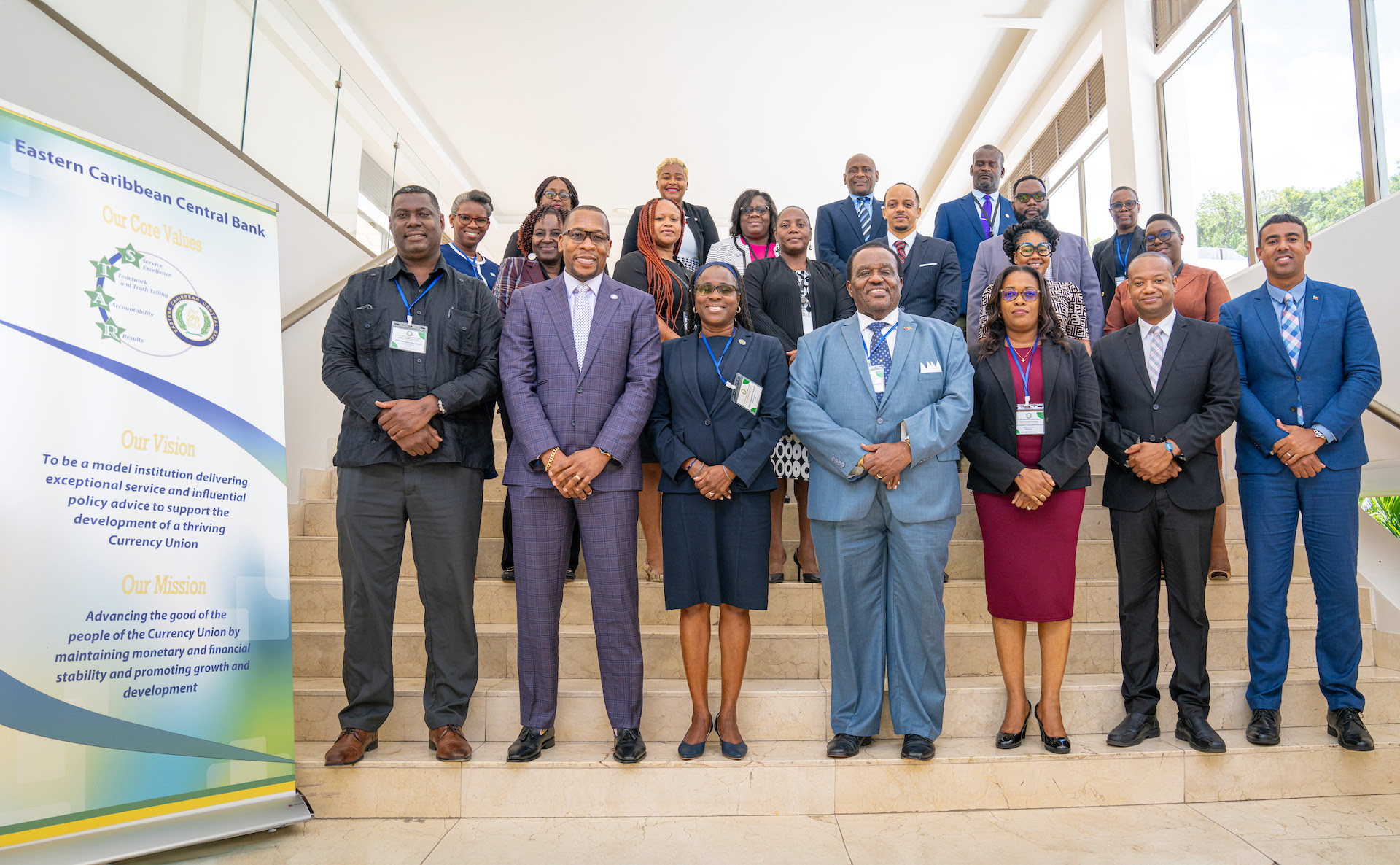The case brought against the Leader of the Opposition, Dr. Denzil Douglas, continued in court Thursday with three expert witnesses on Dominican law making presentations before Justice Trevor Ward QC to help him determine whether Douglas, through his use of a diplomatic passport issued by the Commonwealth of Dominica, is under allegiance to a foreign power.
The expert witnesses provided by the Government were Reginald Armour and Justin Simon, former Attorney General of Antigua and Barbuda.
Both men, who are are Dominican, attempted to show that Douglas demonstrated his allegiance to the Commonwealth of Dominica when he travelled on his Dominican diplomatic passport.
The lone expert provided by the defendant was Attorney-at-Law, Gerald Burton, also a Dominican.
Douglas, in an affidavit filed in the High Court Registry on February 21, 2018, admitted to holding a diplomatic passport of the Commonwealth of Dominica, which he has used to travel.
He also admitted to filling out and signing an application form for the diplomatic passport he holds, which is valid until July 29, 2020.
The opposition leader has argued that he has not sworn an allegiance, taken an oath of allegiance, nor become a citizen of Dominica.
However, the Attorney General’s Chamber is arguing that Douglas is in violation of Section 28 of the Constitution after filling out an application form for a passport of another country, being issued with said passport and using that passport to travel, which are positive acts that constitute adherence, allegiance and obedience to a foreign power.
The St. Kitts and Nevis government, through the Attorney General, Vincent Byron, is seeking a declaration from the High Court that, since the election to the National Assembly on February 16, 2015, Douglas became disqualified from being elected as a member of the National Assembly and was accordingly required to vacate his seat in the National Assembly by reason of his becoming a person who, by virtue of his own act, is in accordance with the law of Dominica, under an acknowledgment of allegiance, obedience or adherence to a foreign power or state, namely, Dominica.
Additionally, the government is also seeking a declaration that Douglas has vacated his seat in the National Assembly; an injunction restraining him from taking his seat in the National Assembly and from performing his functions as a member as well as costs, and other relief as the court may deem just and expedient.
Meanwhile, Anthony Astaphan, lead counsel for Douglas in the Dominica Diplomatic Passport case said the legal matter “is a simple one.”




